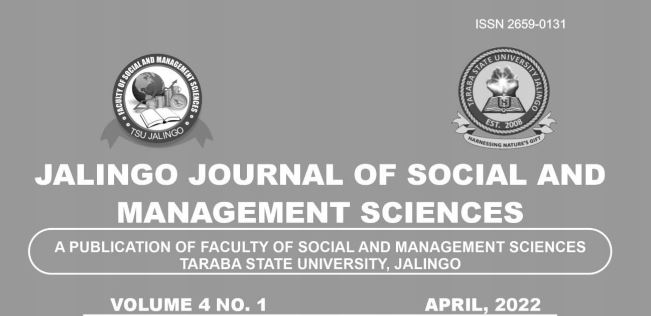Poverty Alleviation Programmes in Nigeria: A Study of the National Poverty Eradication Programme (NAPEP) (2001- 2020)
Keywords:
Absolute Poverty, Eradication, Poverty, Poverty Line, Programmes, Relative PovertyAbstract
Nigeria is blessed with abundant human and material resources. Despite its vast resources however, most of its citizens are poor. Consequently, poverty alleviation programmes have continued to occupy a centre stage in the development efforts of successive governments in the country. This study aimed at studying the National Poverty Eradication Programme (NAPEP); 2001-2020. Data for the study were obtained from secondary sources – books, journals, and reports from relevant government and non-governmental institutions. A quantitative approach was employed for the study. The Social Contract Theory was adopted as the framework that guides the paper. The study revealed that NAPEP schemes have not reduced the rate of poverty in the country due to factors ranging from Corruption, bad governance, ineffective targeting of the poor, inadequate funding, the use of ‘top down’ approach rather than ‘bottom up’ approach, lack of involvement of target groups in policy formulation and lack of sustainability mechanisms among others. Based on the findings, the study recommended that: appropriate accountability and transparency measures should be put in place; distribution of facilities should be done with equity devoid of party inclinations; government should allocate more funds to agencies charged with the task of alleviating poverty; government should involve the target groups in formulation, implementation and evaluation of poverty eradication policies and programmes and effective mechanisms for sustainability of poverty alleviation schemes should be put in place.

Downloads
Published
Issue
Section
License
Copyright (c) 2023 JALINGO JOURNAL OF SOCIAL AND MANAGEMENT SCIENCES

This work is licensed under a Creative Commons Attribution-NonCommercial 4.0 International License.
